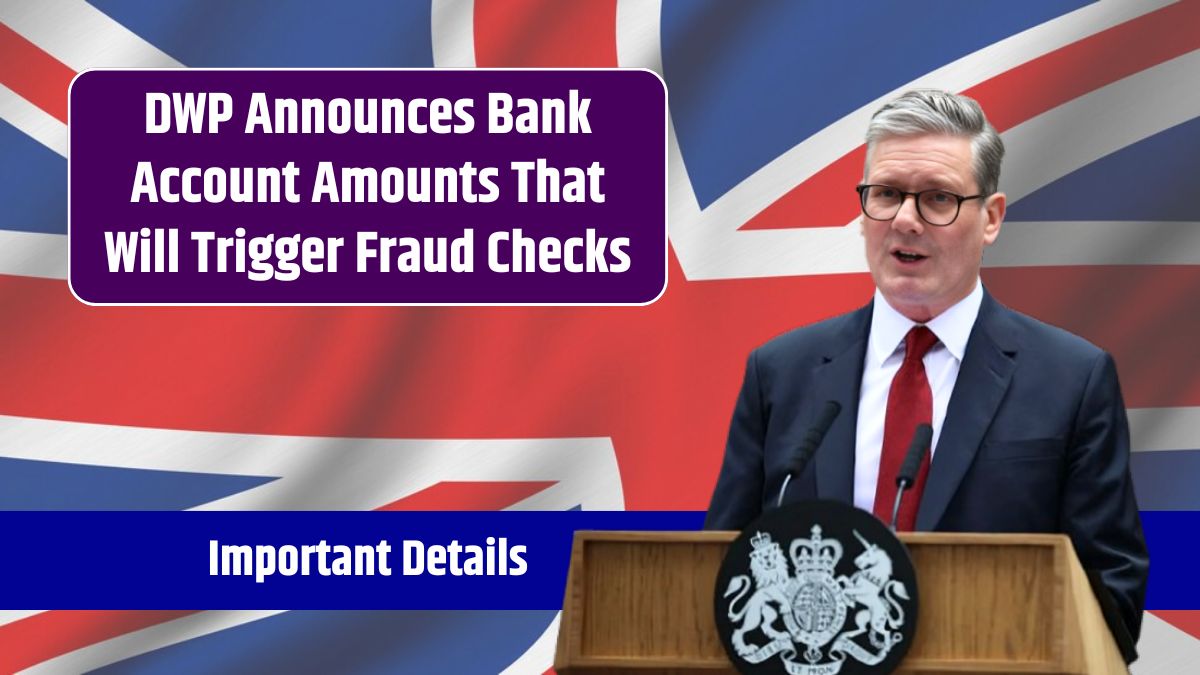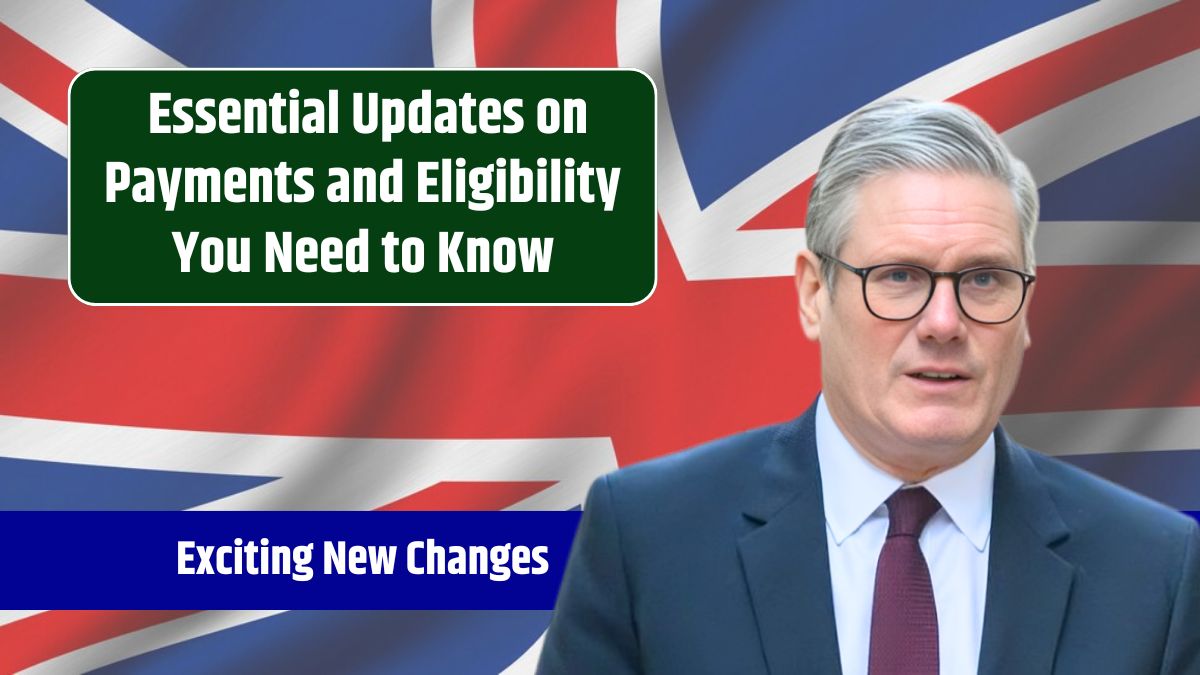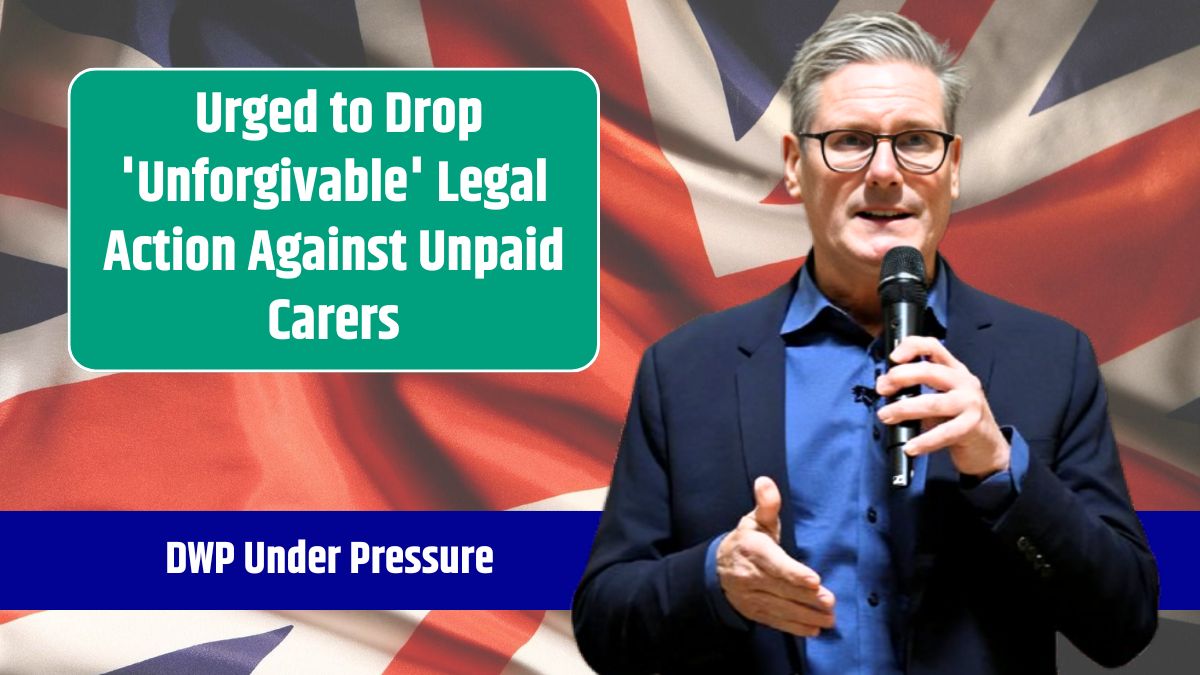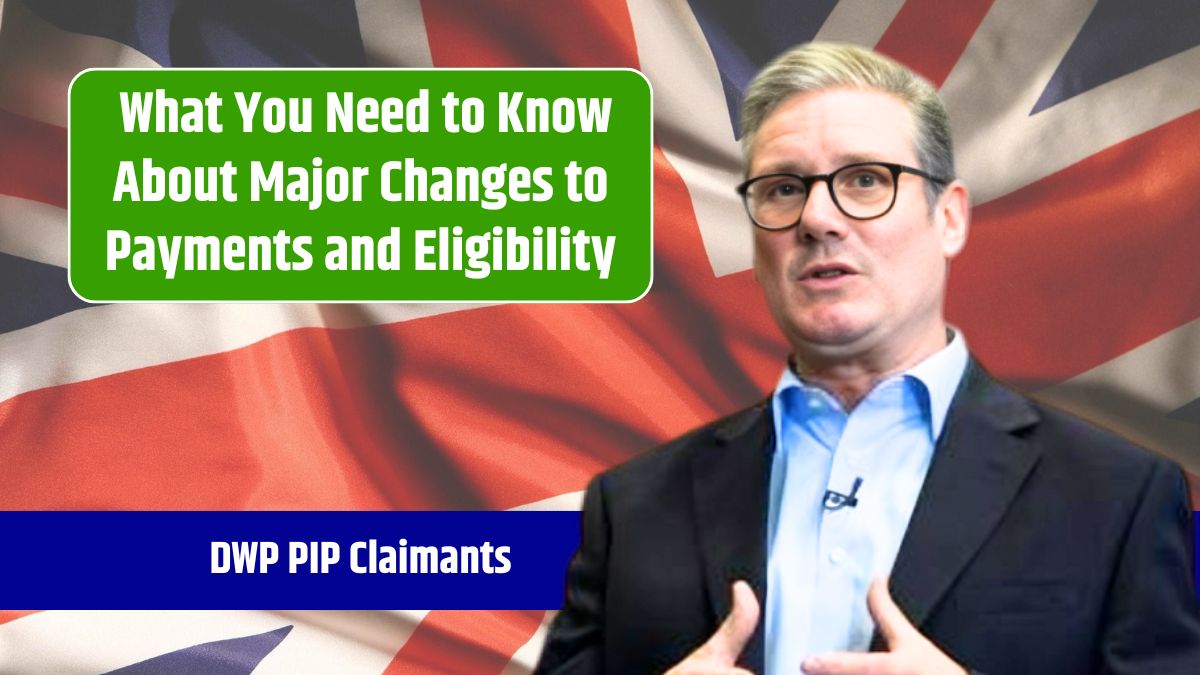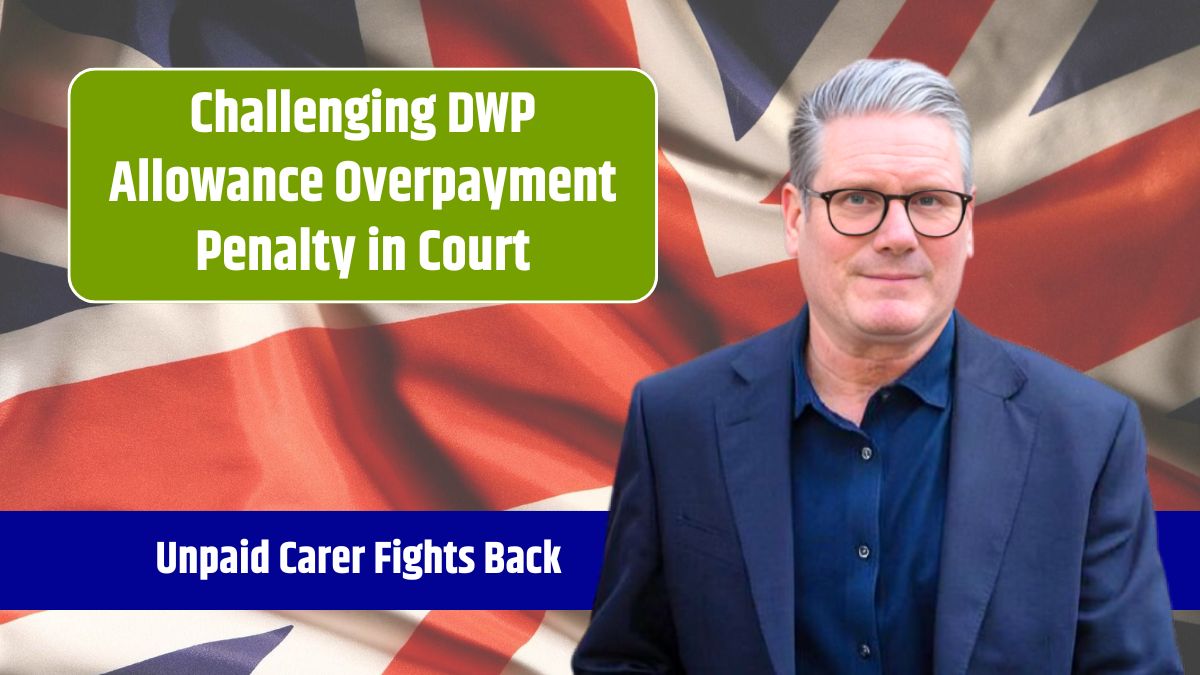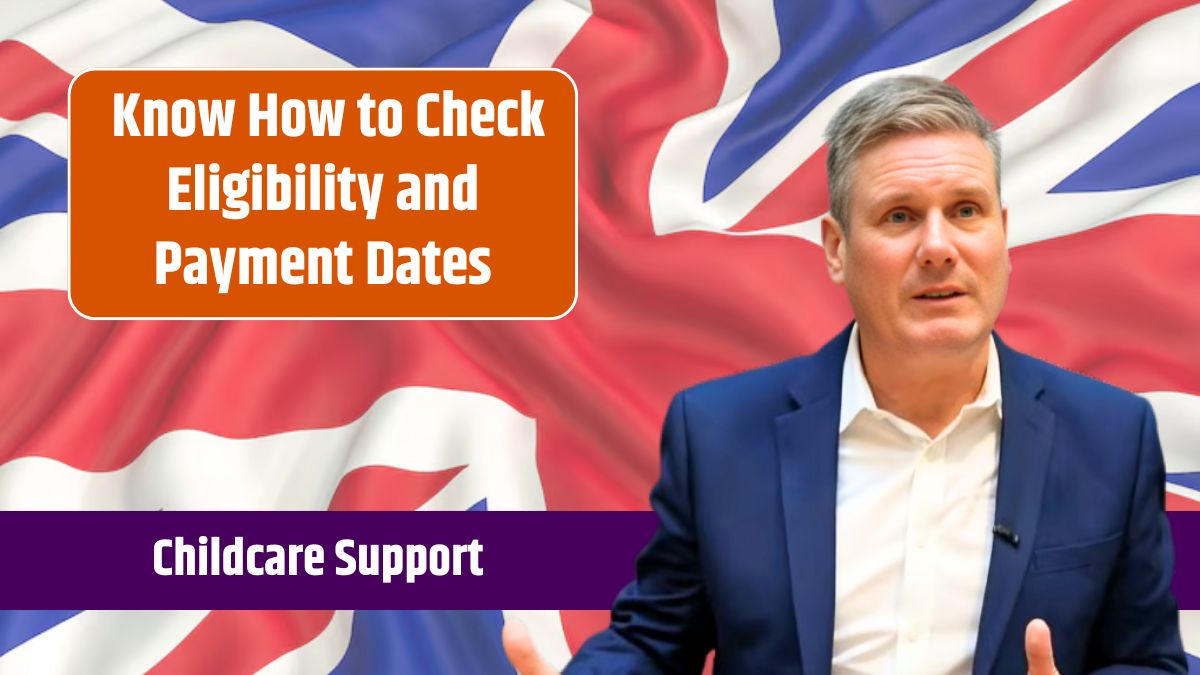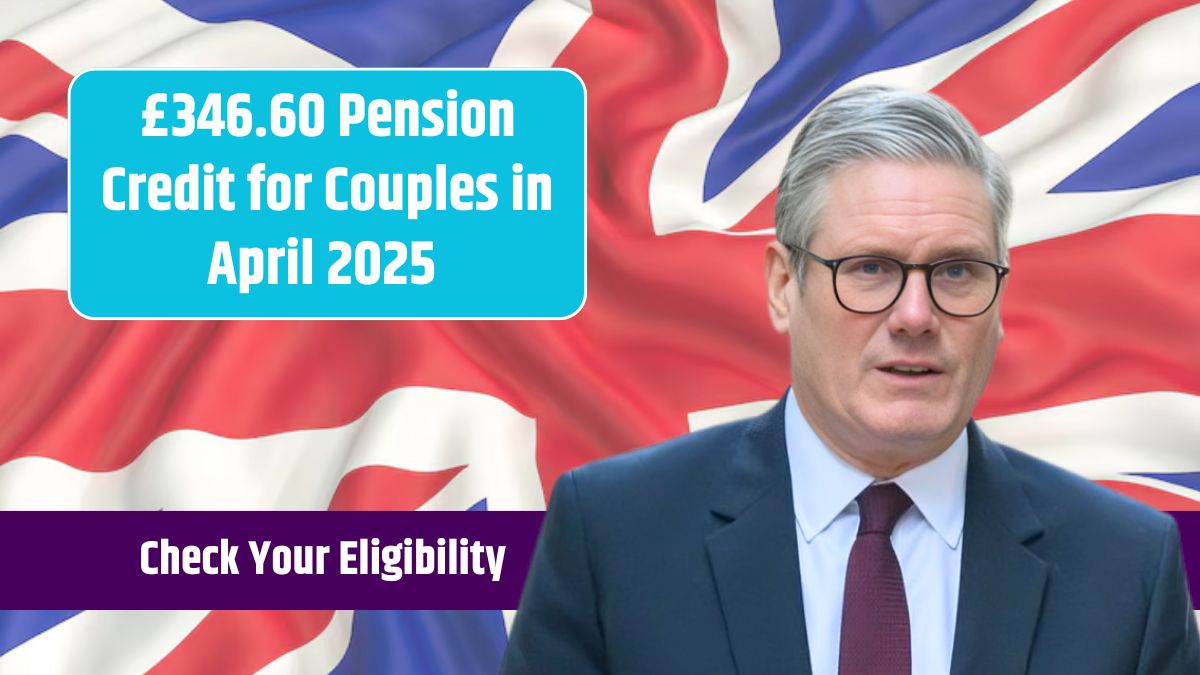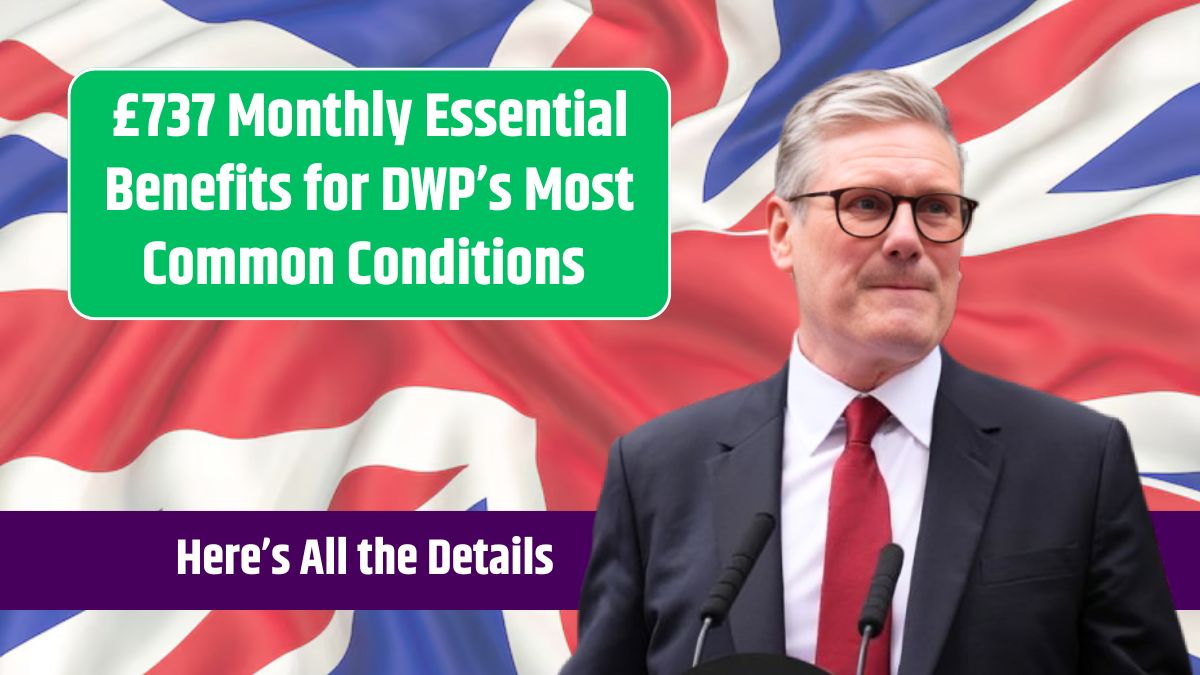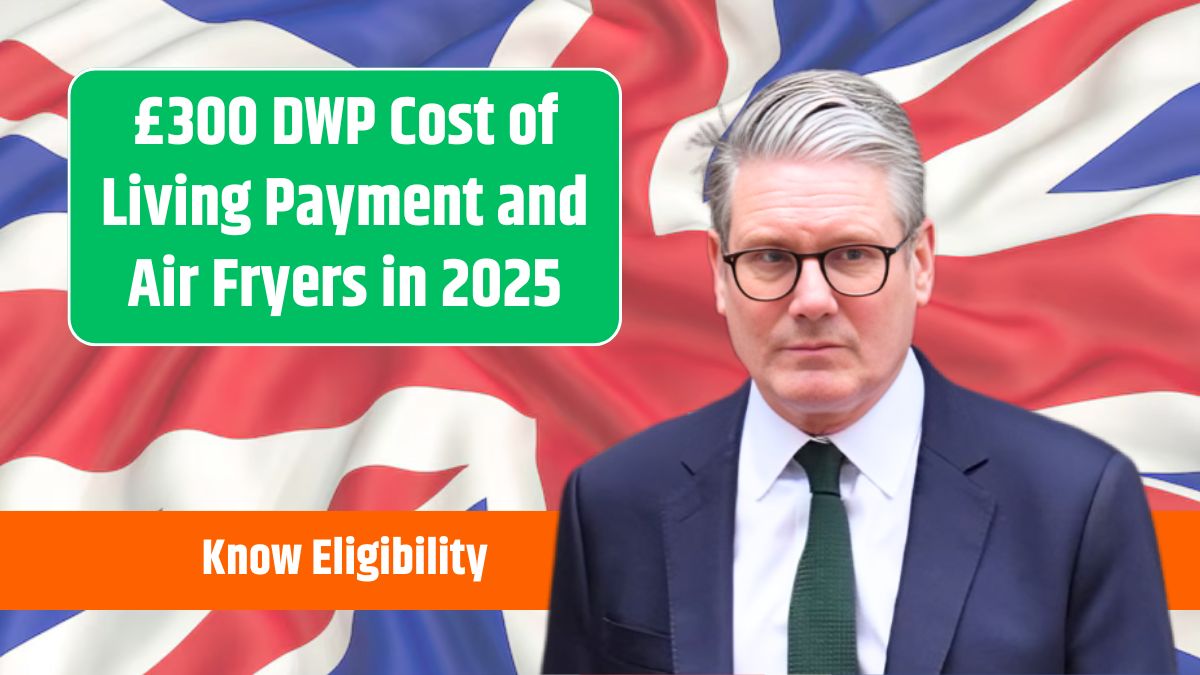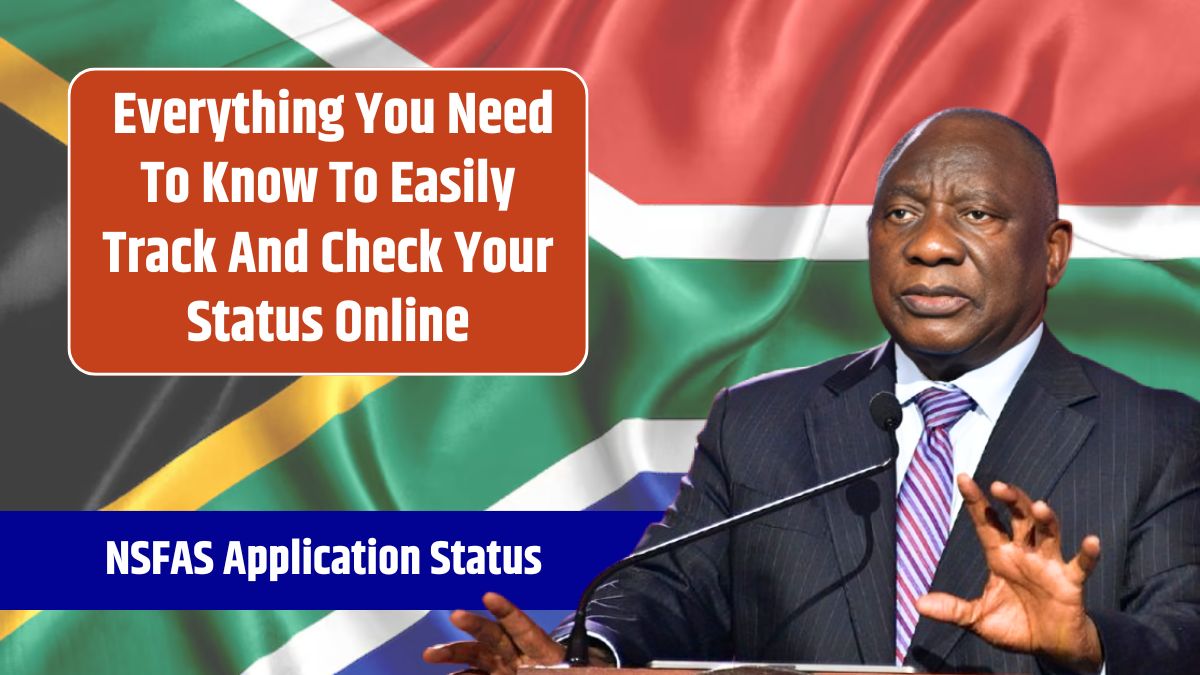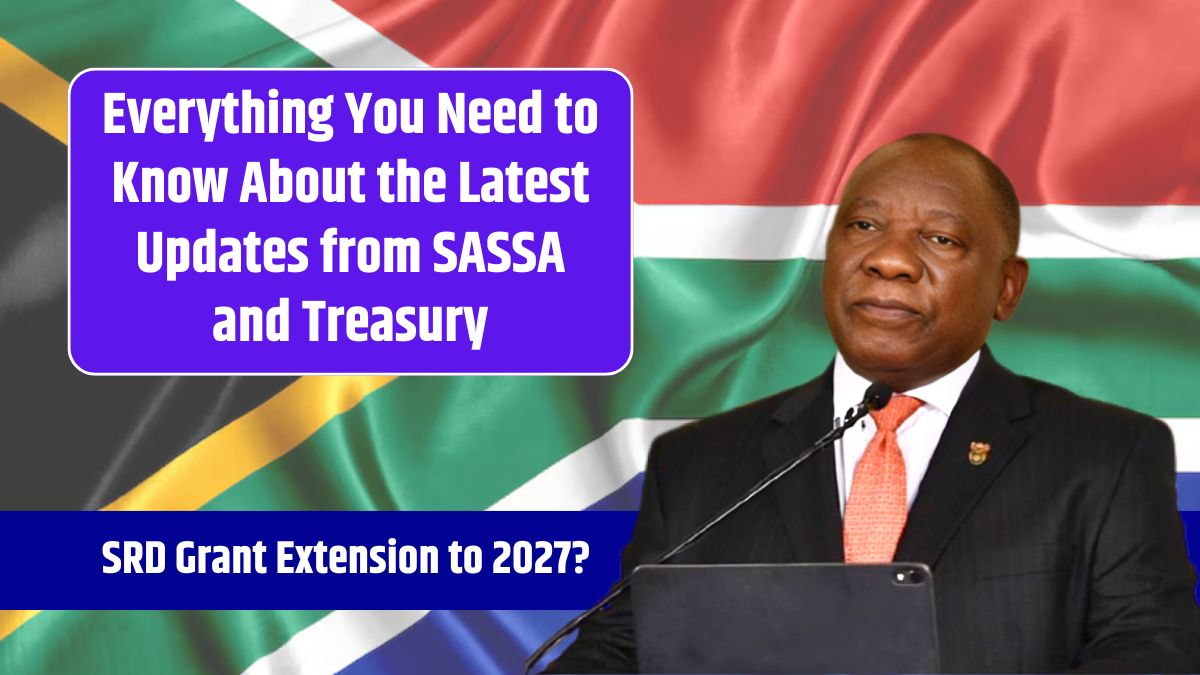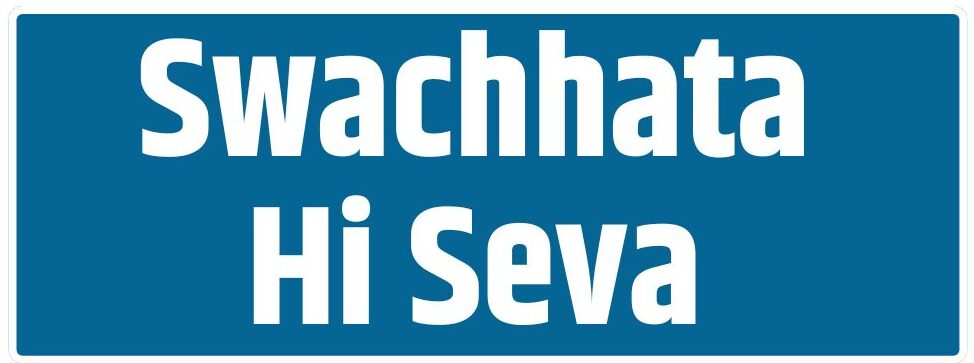The Department for Work and Pensions (DWP) has revealed the capital thresholds that may trigger a fraud investigation under a new initiative aimed at cracking down on benefit fraud. This is part of the government’s broader plan to reduce the billions lost annually due to errors and fraudulent claims.
With fraud and error costing taxpayers an estimated £10 billion every year, and over £35 billion misallocated since the start of the pandemic, these new measures will be essential for improving the integrity of the benefits system. Let’s break down what these changes mean and how they could impact benefit claimants.
Anti-Fraud Legislation
The forthcoming Public Authorities (Fraud, Error and Recovery) Bill will give financial institutions the authority to monitor account balances that exceed the eligibility limits for income-based benefits.
The DWP aims to recoup £1.5 billion over the next five years as part of an ambitious plan to recover £8.6 billion in that period. This crackdown is being called “the biggest welfare fraud and error budget package in recent history.”
Claimants of means-tested benefits like Universal Credit and income-based Jobseeker’s Allowance (JSA) must already report their savings to the DWP. However, the new system will allow banks to flag suspicious balances automatically.
Capital Thresholds
The DWP has confirmed that the current capital limits for 2024-2025 will remain unchanged in 2025-2026. These limits apply to several means-tested benefits, including:
- Universal Credit
- Income-based Jobseeker’s Allowance (JSA)
- Income-related Employment and Support Allowance (ESA)
- Income Support
- Housing Benefit (for those under State Pension age)
Benefit Eligibility
If a claimant has more than £16,000 in total savings, including funds held in PayPal accounts, credit unions, betting websites, or other financial platforms, their benefit claim will be stopped.
Any savings between £6,000 and £16,000 are treated as generating an “assumed income.” The DWP calculates that for every £250 or part of £250 above £6,000, you are assumed to earn £4.35 per month. This “income” is then deducted from your Universal Credit payment.
Example:
- Savings: £6,300
- Ignored Capital: £6,000
- Assumed Income: £8.70/month
- This amount is deducted from your Universal Credit payment.
For income-based JSA, income-related ESA, Income Support, and Housing Benefit, the deduction works differently. For every £250 (or part thereof) above £6,000, £1 per week is deducted from your payment. Since these benefits are usually paid fortnightly, the deduction doubles when your payment arrives.
Example:
- Savings: £6,300
- Weekly Deduction: £2/week
- Fortnightly Deduction: £4 deducted from your payment every two weeks.
Deprivation of Capital
Claimants are also warned about “deprivation of capital” rules. If you give away money or spend it on non-essential items to reduce your savings and remain eligible for benefits, the DWP may treat your claim as if you still have the money. This could lead to your benefits being stopped or reduced.
Once your savings fall below £16,000, you can reapply for benefits.
Fraud Detection System
Work and Pensions Secretary Liz Kendall explained in a recent parliamentary debate that the new eligibility verification measure will not allow the DWP to access people’s bank accounts or track their spending. Instead, financial institutions will only flag cases where savings exceed the prescribed thresholds.
If an alert is triggered, the DWP will manually review the case, and a human being will always make the final decision about whether someone’s benefits should be adjusted or stopped.
The state pension is explicitly excluded from this process, and there will be independent oversight of the measure to ensure transparency.
The goal is not only to catch fraudulent claims but also to prevent genuine mistakes that could lead to claimants building up large debts. Kendall emphasized that this approach is designed to reduce errors before they become serious financial burdens for individuals.
With the introduction of these measures, the DWP is sending a clear message: benefit fraud will not be tolerated. However, genuine claimants who follow the rules and report their savings accurately have little to worry about.
The consultation and oversight processes aim to strike a balance between fraud prevention and fairness, ensuring that only those who truly need financial help receive it.
FAQs
What is the capital limit for Universal Credit?
The limit is £16,000 in total savings; claims stop if you exceed this.
How does capital between £6,000 and £16,000 affect benefits?
It’s treated as monthly income, reducing your benefits accordingly.
Can the DWP access my bank account?
No, banks only flag accounts with balances over the set threshold.
What is deprivation of capital?
It’s when you spend or give away money to remain benefit-eligible.
When can I reapply for benefits?
You can reapply once your savings fall below £16,000.
